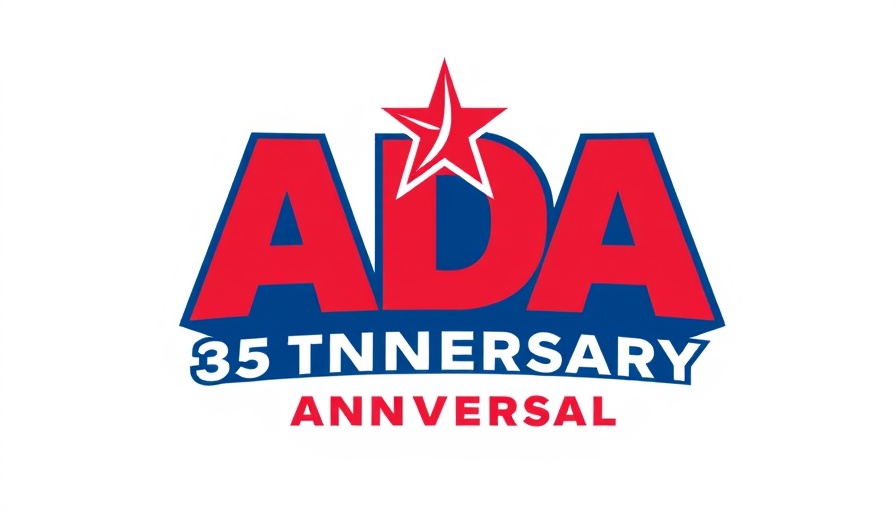
New Direction for the EEOC: What It Means for HR Compliance
The appointment of a new commissioner to the Equal Employment Opportunity Commission (EEOC) signals a significant shift in the agency’s approach to Diversity, Equity, and Inclusion (DEI). Echoing former President Trump’s stance, this selection raises concerns for HR compliance officers and employment attorneys who must navigate the evolving landscape of labor laws and employment regulations.
Potential Impacts of Changes in EEOC Guidelines
With the EEOC potentially taking a harder line on DEI initiatives, organizations may need to reassess their compliance strategies. As we see an increase in focus on hiring bias and the scrutiny on workplace investigations, it’s essential for HR administrators to stay updated on how these policy changes can influence their current practices.
Understanding the Broader Context
These developments occur amidst rising tensions surrounding pay transparency and remote work policies, as employers seek to align their goals with new government expectations. Companies might want to explore how existing wage laws and hiring practices are perceived through this new lens.
Actionable Insights for HR Professionals
In light of these developments, proactive policy updates will become crucial. HR compliance officers should engage in regular reviews of their practices to eliminate any potential biases and ensure alignment with EEOC guidelines. This is not only about compliance but also about fostering a workplace culture that truly values diversity.
Why This Matters Now
The evolving interpretations of labor laws under the new EEOC leadership could have lasting implications for various sectors, affecting everything from hiring practices to employee retention. As HR professionals, staying informed and adaptable is vital in navigating these changes.
 Add Row
Add Row  Add
Add 




Write A Comment